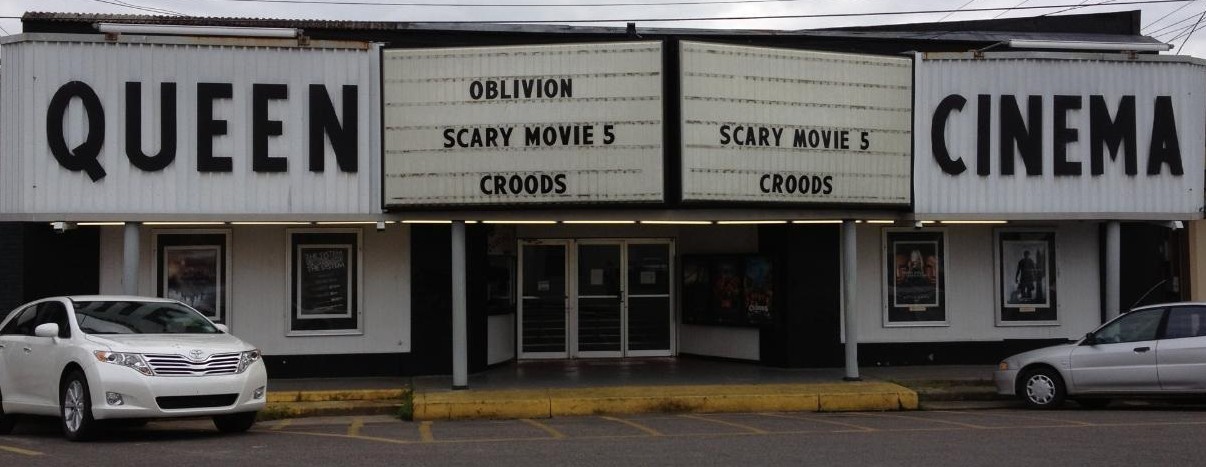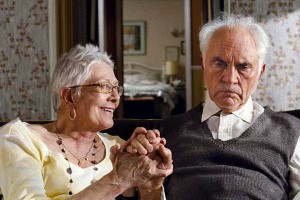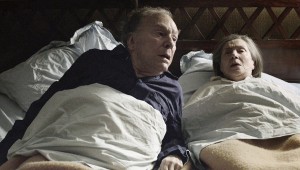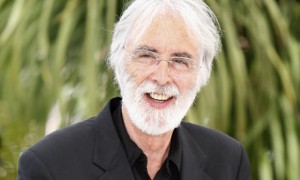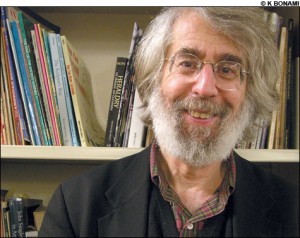I liked “Unfinished Song”
more than “Amour.”
There: I’ve said it.
I could qualify my preference by conceding that Michael Haneke’s relentless dirge of a love story was the better made film, as its near universal critical acclaim, Academy Award nominations for Best Film, Best Director, and Best Actress, and its Oscar for Best Foreign Language film would testify. Or that Paul Andrew Williams’s bittersweet riff on the same theme appeals in part because of its shameless manipulativeness and sure-fire formulaic approach. All that would be true. But does it matter in the end? “Unfinished Song” moved me; “Amour” did not. Or rather, it did – it made me angry.
And that’s not because I am one of the Haneke haters: I have written appreciatively of his whole body of work and reviewed almost all of his films positively – most recently “Caché” (2006) and “The White Ribbon” (2010), and I also favored the generally reviled remake of “Funny Games” (2008). Heck, I even liked the guy a lot when I interviewed him, though that might be in part due to the fact that he’s a dead ringer
for my friend, Lloyd Schwartz.
Nor was I was put off by the spectacle of what really happens when you get old, or when love proves impotent in the face of time and mortality, or am turned off by the efficacy [spoiler] of a pillow or some other means of euthanasia when the situation gets hopeless. Like most people, I’m sufficiently familiar with these concepts from personal experience, and also from other works of art that elevate these blunt facts to the level of comprehensible, illuminating truths.
So maybe I just prefer films that exploit universal emotions and then offer pat resolutions and platitudes as consolation. “Unfinished Song” has its share of that. But then again, so does “Amour.”
That might seem at first a crazy notion – after all, the film opens with first responders breaking into an apartment and being greeted by the stench of a decomposing corpse. It dangles the horribleness of it all in your face without reprieve, but isn’t that just another kind of exploitation? Nothing gets an audience’s attention like having their worst fears tossed like a pie in their face. And such abject pessimism is itself a form of romanticism, I think, a perverse sentimentality, a variation on Oscar Wilde’s definition that “a sentimentalist is one who desires to have the luxury of an emotion without paying for it,” or as Stephen Dedalus puts it in “Ulysses,” “he who would enjoy without incurring the immense debtorship for a thing done.”
Okay, when you start quoting Joyce you know your argument is getting weak. So I’ll state simply that I prefer “Unfinished Song” because the people in it are much more pleasant to spend time with. The notion that a character has to be likeable to be good is fallacious, certainly, but that doesn’t mean you have to enjoy their company. True, Terence Stamp’s character Arthur in “Song” is a bit of a shit throughout almost the entire movie, but he’s a more appealing shit than Jean-Louis Trintignant’s basilisk-eyed bourgeois bore.
More importantly, he changes, and grows in awareness by the end of the picture, and this conversion is believable, in part because it’s being performed by Terence Stamp, perhaps the most beautiful man in movies.
Tritignant is no slouch either, to be sure, and I really liked him in the far more successful geriatric role in Kieslowski’s “Three Colors: Red” (1994). But really, when it came to his spat with the callous caregiver, awful though she was, I had to sympathize with the bitch nurse over the cranky, humorless old fart.
And Vanessa Redgrave versus Emmanuelle Riva? Riva might have been nominated for the Oscar, and she was exquisite in “Hiroshima Mon Amour,” but aren’t we in the habit of giving actors extra points simply because their characters are basket cases?
As for Vanessa Redgrave, well, in addition to being brilliant, she reminds me of my mother. And I guess that’s the real reason I preferred “Unfinished Song” to “Amour.”
–Peter Keough
